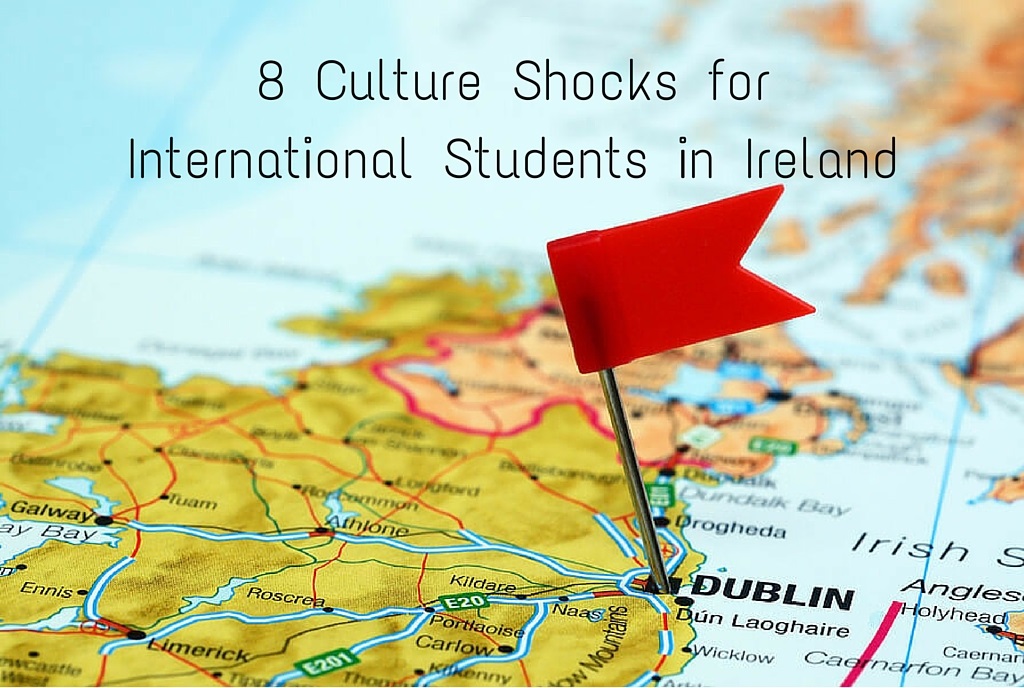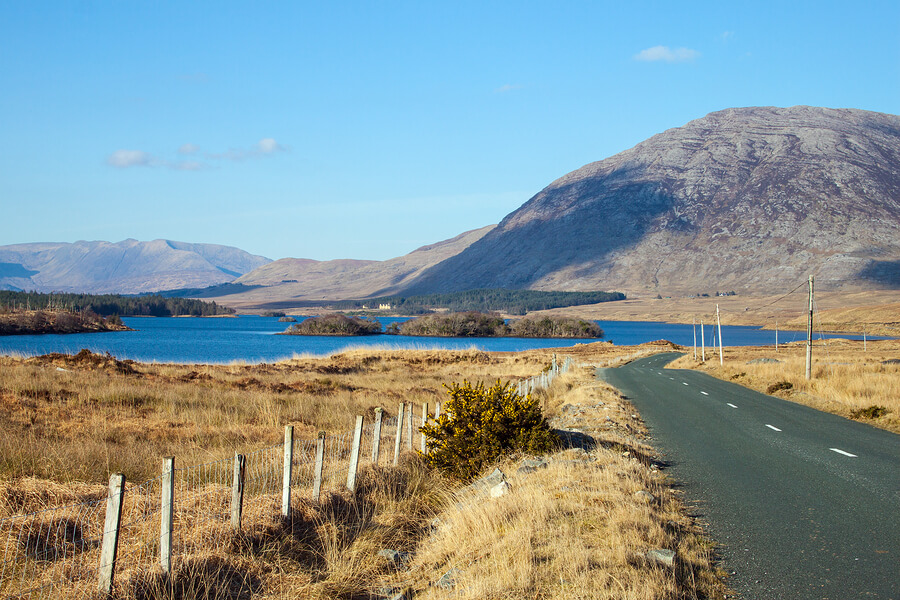AS is probably abundantly clear at this point, I’ve spent a lot of time in Ireland, both as a tourist and as a resident/student. I also know a lot of students who moved to Ireland for both study abroad programmes and full degree-seeking postgraduate programmes. I’m now back in the United States, but I will be moving back to Ireland in September to continue my studies and I’m honestly really nervous about it. I do love Ireland, but for an American student, there are some cultural differences that take getting used to. Before you make the decision to move, there are some things you should keep in mind:

Adapting to a new style of grading
Regardless of where you are coming from, you’re going to be baffled by the grading system. From what I can tell, the system varies drastically from institution to institution. On one side of the country, they can use the GPA system American students are familiar with, on the other, they use the British system, where a 70 is a “first” or 1:1, and is considered to be an excellent grade (even after a year of it, I still don’t completely understand it.) he styles of grading can also vary between lecturers.
While administration is always annoying, it tends to be particularly frustrating in Ireland
If you are a non-EU citizen, you will have to register with the Garda Síochána, the Irish national police force. To do that, you will have to have registered with your university, and to have a bank account (and to get a bank account, make sure you have a permanent address in your country of origin and a fair bit of luck), and take all of your paperwork the local GNIB (Garda National Immigration Bureau) office. Especially at the start of term, the queues in Dublin can start forming at 2 am and there is no guarantee that you will actually be seen. I had less of a problem with the GNIB office in Galway, but they managed to lose my identification card before I could pick it up.
Universities are either remote, or overrun with tourists!
Trinity College Dublin is located right in the middle of Dublin, but because it has such a rich history, the campus is constantly overrun by tourists. On the other hand, University College Dublin and University of Limerick are both five kilometres outside of their respective city centres, which mean that you don’t have to fight through throngs of oblivious tourists to get to class, but there’s very little by way of commerce in the areas immediately surrounding campus.

Confusing bus systems (especially in Dublin)
You’d think it would at least be easy to get to the various campuses, but… no. The timetables do not accurately correspond to the reality of the schedule: no one knows when the bus is going to come, and if you’re trying to get into Dublin City during rush hour, the buses might not actually stop for you. You also need to know the exact bus stop number, or you’re going to get lost, and if you need to buy a ticket on the bus, you’d better have exact change. Walking is a much more reliable way to get anywhere, even when it’s pouring (or, download Hail-O. You’ll thank me).
Ireland is predominantly Catholic – and quite conservative
On 23 May 2015, Ireland made history by being the first country in the world to legalise marriage equality by popular vote. By that alone, you’d think that Ireland was some sort of paragon of social justice, but while you can legally get married to someone of the same gender, you can still be legally fired for doing so if your place of work is run by the Church. Catholicism is a big influence; even pubs that have late licences close at midnight on Holy Thursday over Easter, and some primary schools will not accept children that haven’t been baptised. There are next to no female politicians and the ones who do exist are rarely taken seriously, and abortion is completely illegal throughout the island of Ireland. Northern Ireland is the only country in the UK where abortion is still illegal. For many this won’t be unusual at all, but it’s worth knowing all the same.
The food is good - but not great for those with dietary restrictions
On a lighter note, I know I said in a previous article that the food in Ireland is actually really good, and I stand by that. But it can be really challenging to find something to eat if you have dietary restrictions, especially if you’re vegan or hold Kosher. In Galway City, there are maybe three restaurants that are vegan friendly, and their quality varies widely, and there is one Kosher bakery in the entire country. They are getting better at offering gluten-free options, but there is still a long way to go.

No insulation
For the most part, houses in Ireland are drafty and cold. My landlady would have the heat on from 6 pm – 11 pm and that was it. I’ve heard stories of people living in the residence halls who would have their windows closed and their curtains still swayed from the breeze outside. It is not exclusive to the private residences; students have had to request room changes for their classes, as they were sitting in classes with hats, gloves and scarves.
Inexplicable lack of clothes dryers
You’d think that since the houses are so cold, they would make sure that they would be well equipped with dryers to ensure that things actually dry. That would be too easy! My flat in Galway had a washing machine installed in the kitchen, but all of the drying was done on either clotheshorse or on a line outside. In the winter months, nothing dried. Ever. The combination of proximity to the Atlantic Ocean, the River Corrib that flows through the middle of town and the ever-present rain, coupled with the fact that the house never got warm meant that you got used to wearing cold damp clothes for most of the year. No wonder I was sick through most of the winter months.
I would absolutely recommend going to Ireland if you have the chance. But before you do, remember that nowhere is perfect, and that being aware of Irish culture shocks before you go will help you settle in and enjoy studying abroad.